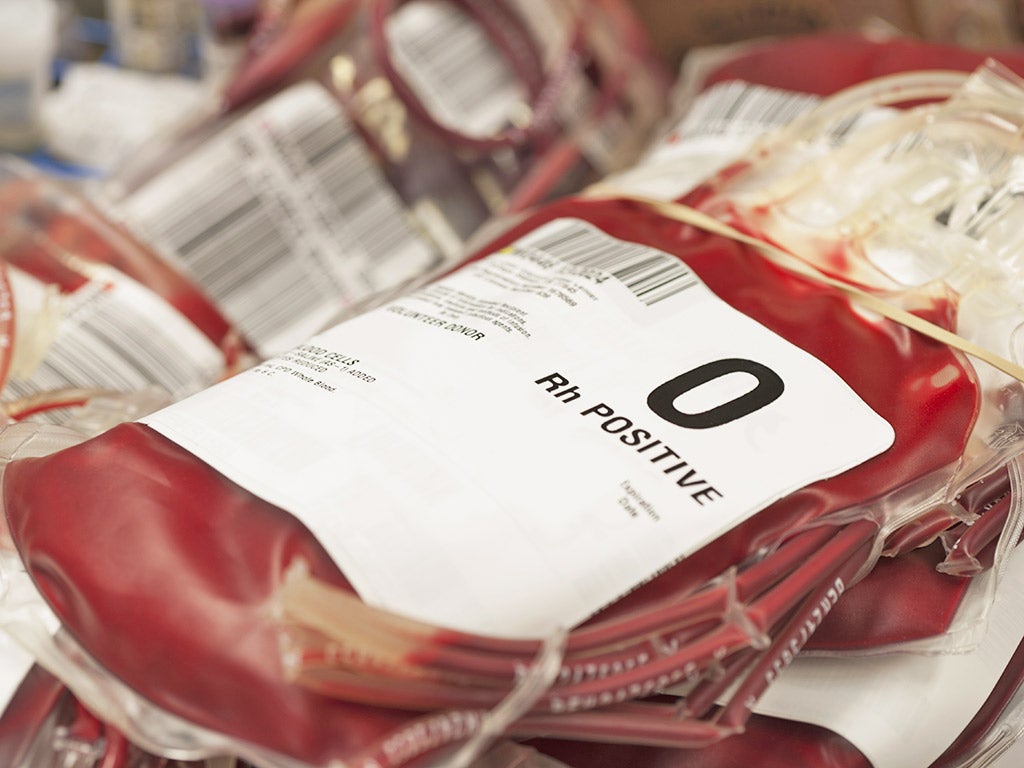Mad cow disease still an infection risk in hospitals, MPs warn
vCJD can still be transmitted via contaminated blood transfusions or surgery

Your support helps us to tell the story
From reproductive rights to climate change to Big Tech, The Independent is on the ground when the story is developing. Whether it's investigating the financials of Elon Musk's pro-Trump PAC or producing our latest documentary, 'The A Word', which shines a light on the American women fighting for reproductive rights, we know how important it is to parse out the facts from the messaging.
At such a critical moment in US history, we need reporters on the ground. Your donation allows us to keep sending journalists to speak to both sides of the story.
The Independent is trusted by Americans across the entire political spectrum. And unlike many other quality news outlets, we choose not to lock Americans out of our reporting and analysis with paywalls. We believe quality journalism should be available to everyone, paid for by those who can afford it.
Your support makes all the difference.There are still significant risks of "mad cow disease" accidentally infecting hospital patients through contaminated blood transfusions or surgical procedures according to a report by a committee of MPs into variant Creutzfeldt-Jakob disease (vCJD).
The infectious agents responsible for vCJD, known as prions, are capable of binding tightly to the metal surfaces of surgical instruments and can survive the high temperatures of hospital autoclaves.
There is also no validated blood test to determine who is incubating the disease and whether a blood donation is contaminated, according to a report by the House of Commons’ Science and Technology Committee.
Since vCJD was first identified in 1995 it has killed 177 people in the UK, the majority between 1996 and 2003, as a result of eating contaminated beef. However it is thought that as many as one in every 2,000 people today may be carrying the infectious prions unknowingly without any symptoms, said Andrew Miller, chair of the committee.
“This raises the worrying prospect that these prions could be transmitted to others via blood transfusions and other medical procedures,” Mr Miller said.
“It is known that CJD can be transmitted through the use of contaminated surgical instruments but the Government’s response to this threat has been insufficient,” he said.
“It has failed to support development of a technology capable to eliminating this risk and instead chooses to rely on guidance which it knows is only partially effective – and evidence suggests that this guidance is not even followed in some parts of the NHS,” he added.
Although attempts have been made to develop a blood test for vCJD, this has stalled through lack of Government funding, the committee found. Such a test is crucial to ensure that the blood supply is free of prions, Mr Miller said.
“We have every reason to believe that prions may still be present in the blood supply,” he said.
Join our commenting forum
Join thought-provoking conversations, follow other Independent readers and see their replies
Comments